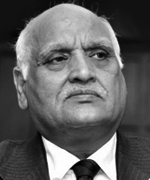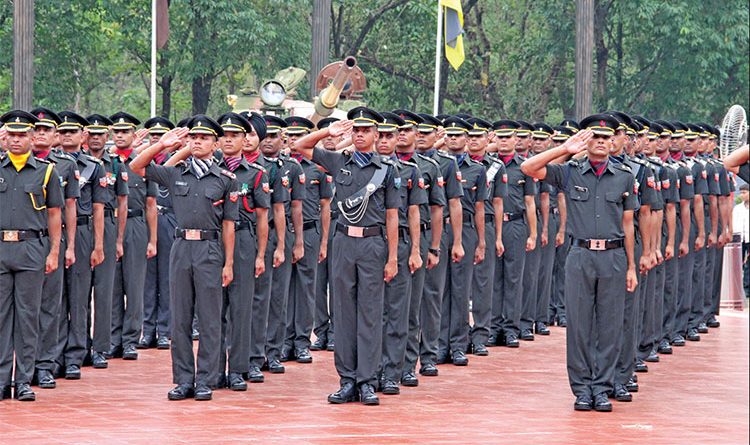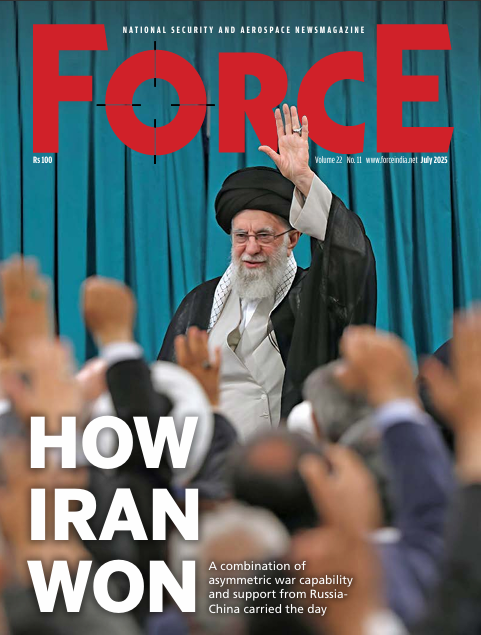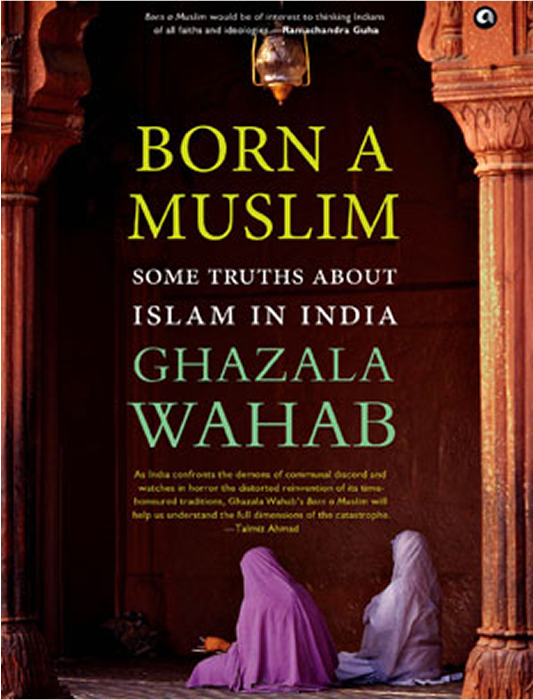Guts, Grit and Glory | Military Selection Conundrum
 Maj. Gen. Raj Mehta (retd)
Maj. Gen. Raj Mehta (retd)
The more things change, the more they stay the same - Les Guêpes, January 1849
Little known even in military circles but damninglytrue, our current officer selection is based on the officer-selection template that the British adapted from German selection norms in 1941-43 for accelerating British wartime officer induction. That system went past its use-by date in the UK decades ago. The UK now selects officers using modern methods that keep pace with changing operational environments, conflict spectrum and evolving digitisation, social media and threats posed by non-state actors as ‘way points intheir officer-selection roadmap.
Overall, progressive countries keen on quality induction have brought in Officer Like Qualities (OLQ) like integrity, ethics, morality, reliability, emotional stability, thinking-on-the-feet skills, situational awareness and physical fitness besides standard leadership qualities into focus. This is done in addition to ensuring pre-selection security checks. In our case, however, we remain frozen in time despite vacuous claims of fielding a ‘de novo’ selection system which, after being announced in 2014, is finally on limited trial by Services Selection Board (SSB) Bengaluru since May 2016; its validity/impact cloaked in inexplicable secrecy.
Thus, even as British, Australian, American, French, Chinese systems have admirably reformed their outlook, we remain anchored to past mindsets, our ‘status quo’ approach falls into what Dr Daniel Kahneman, cognitive psychologist, Princeton University calls the ‘Illusion of Validity’. The fact that the Defence Institute of Psychological Research (DIPR), a Defence Research and Development Organisation (DRDO) labis the key mover of our officer-selection process irks those in the know because it isn’t in sync with ground realities.
This article explains how our selection system is structured and networked. It indicates the extent to which we have remained in status quo mode by pointing out how progressive nations are carrying out their officer-selection. Some recommendations are made in conclusion for improving our outlook.

Officer cadets at the commissioning ceremony in OTA Gaya
The UPSC Charter
The officer-selection system commences with the Union Public Service Commission (UPSC) whose charter is to conduct examinations/interviews for appointment to specified government services. The graduate entry written examinations for the three defence Services comprise papers in English, General Knowledge and matric-level Maths; the latter paper being waived off for entry to Officers Training Academies. The undergraduate entry level examination for joining the National Defence Academy (NDA) and Naval Academy has two papers: Maths and General Ability. The UPSC examination, unlike the Civil Services Exams which changed track in 2010, still focuses on mnemonic ability more than on eliciting thinking responses on morality, ethics, mental fitness, integrity that have become basic DNA of 21st century soldier-scholars.
The SSB System
Note that while passing the UPSC entrance exam is mandatory, the selection is acutely hinged on the SSB where candidates undergo a five-day testing regime under ministry of defence (MoD) auspices.Day 1 is the‘screening’ test after which 60-70 per cent candidates are rejected. Day 2 is for Psychologist’s Tests; Days 3-4 are for Group Tasks and Day 5 for Conference (Results). Personal interviews are conducted between Days 2-4. Two issues stand out here: The content for SSB selection norms and training of SSB faculty is an exclusive DIPR charter. DIPR is almost exclusively staffed by civil scientists with just a few middle-level military appointments to avoid charges of brazen bias.
1
DIPR: Selection Authority without Accountability to the Services
Raised in 1943, DIPR became a DRDO laboratory in 1982. It provides training, content, monitoring and feedback for officer selection by the SSB whose conducting faculty such as psychologists/GTO/IO are also DIPR trained. The Services recruiting directorates are administratively responsible for officer selection including for women officer candidates but are outside the loop for formulating/reviewing the DIPR selection norms.
In the SSB testing regime, presence of OLQs such as effective intelligence, sense of responsibility, initiative, judgment under stress, ability to reason and organise, communication skills, determination, courage, self-confidence, speed in decision-making, willingness to set an example, compassion and loyalty to the nation are assessed. Note the absence of certain critically needed OLQs such as ethics, moral character, integrity, situational awareness, possessing razor sharp operational reflexes that have become invaluable due emerging challenges. Note, too, that there is no quantifiable test of physical capability/weightage awarded during the SSB regimen. The individual and group obstacle tests assess OLQ, not physical fitness which is left for post selection evaluation by training academies.Also, no performance audit of DIPR has ever been carried out by the military as DIPR/D
Subscribe To Force
Fuel Fearless Journalism with Your Yearly Subscription
SUBSCRIBE NOW
We don’t tell you how to do your job…
But we put the environment in which you do your job in perspective, so that when you step out you do so with the complete picture.








